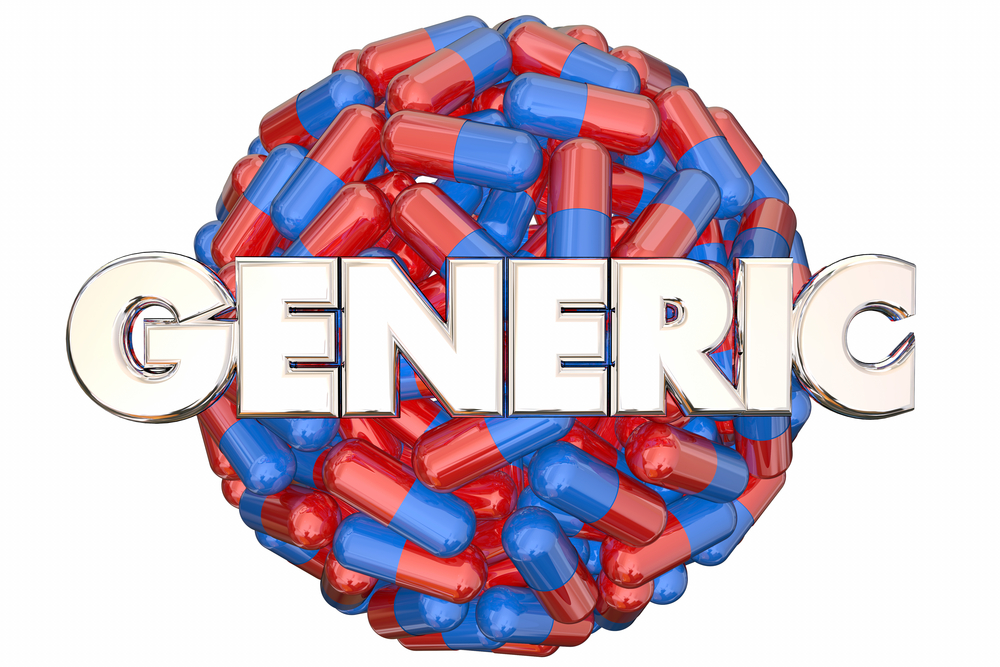There is an old saying, “You get what you pay for.” We all know it well. We bought the cheaper can of soup or laundry detergent and the outcome was less than we desired. Perhaps the soup was saltier than expected, less healthy, or less bountiful in flavour. Perhaps we expected one detergent to clean as well as the other, even if there was a price difference. We are disappointed. But at the time of purchase, we decided to save some money and buy the cheaper product. When that results in a poor outcome, we have no one to blame but ourselves.
I admit that I have been there. I have opted for the cheaper version—and paid the price. I may be slow, but not stupid. Sure, it took me a few times buying the cheaper product, but eventually I figured it out. It doesn’t mean I always buy the most expensive—it just means I do my due diligence. If the soup has a higher fat content, the first ingredient is water, tomato is listed somewhere near the end of the ingredients list, the sodium content is high, and there are no real nutrients, then I have to ask, “Is this the best buy? Will I be satisfied when I finish with it or disappointed I did not spend the extra money to get a better/healthier product that will ‘do the job?’”
Engaging a sponsorship agency is just the same. Heck, engaging any consultant or service is the same. I am baffled how public institutions (the ones that spend your tax dollars and mine) can justify buying a product or service based mostly on price. We submit on a great deal of business in any year. And we win most of it. I believe we win (and based on the questions we ask of the organization after we win or even lose a competitive bid) because we are industry leaders. We deliver a high quality product. We deliver on time. We have a product superior to most of our competitors. And our references are great. Then if we don’t win, and are told that we came #1 in every judging category except price, I question it. If we were not #1 in every category other than price, I could see hiring another firm. But when you are the most qualified, most highly recommended, and most effective for positive outcomes, how can you base the final decision on price? The ironic thing is about 30% of the bids we don’t win, we get contracted to “redo” the work within 36 months. Heck, it would have been cheaper to hire us in the first place. Would you hire an unqualified, rookie doctor to do your open heart surgery? Would you place all your life’s savings with a 22-year-old broker who just passed their mutual funds exam last week? Or possibly give them just some of your savings and let them show you what they can do while leaving the bulk with a proven performer so you have money to retire? My concern is that too many public funded organizations are spending our tax dollars on “cheaper” or “local” suppliers and getting less than expected in outcomes. If they are not qualified to do the work, in our case, if they don’t have a sponsorship background (they are a fund development agency or event planning agency, or have no real track record of success), why would you hire them?
I know that I am focusing on the sponsorship industry here, but this goes for document services, leased vehicles, food services, or just about anything. There is more to look at and base your final decision on than just price.
Maybe someone has an answer I am missing. I would welcome someone to enlighten me as to why an organization would buy an inferior, less qualified product or service just because it is cheaper? And do so knowingly!
© 2017. All rights reserved.


Nice article Brent.
A couple of forces at play here.
1. Purchase decision by people limited in experience at buying ‘stuff’ they’ve never bought before.
2. Position in the Organization: Most operational buyers are compliance focused, and will err not the side of spending less rather than achieving corporate performance.
3. Organizational Culture that reinforces risk avoidance as a priority, as opposed to goal achievement
4. No internal mechanisms for measuring success, at least not interns that make sense to that organizational culture
5. The lack of Value Metrics and agreement on what they need be. Value should be quantifiable for the most part. When only qualifiable, all things can appear equal, leading back to price.
6. Weak problem framing, making “any” solution seem good enough, again back to price
7. A view of the sales organization and the engagement as a ‘transaction’ as opposed to a partnership and strategic engagement
8. Group decision making prowess – uneven at best.
Not all of these apply in every case, but many do, with surprising regularity.
Marty,
Hey thanks for this and thanks for reading. Really great insights. I hope you are well. Number 3 is so common. That risk aversion typically tends to be the biggest risk they can take! Let’s catch up when I am in Calgary again. Please send me an email. Brent